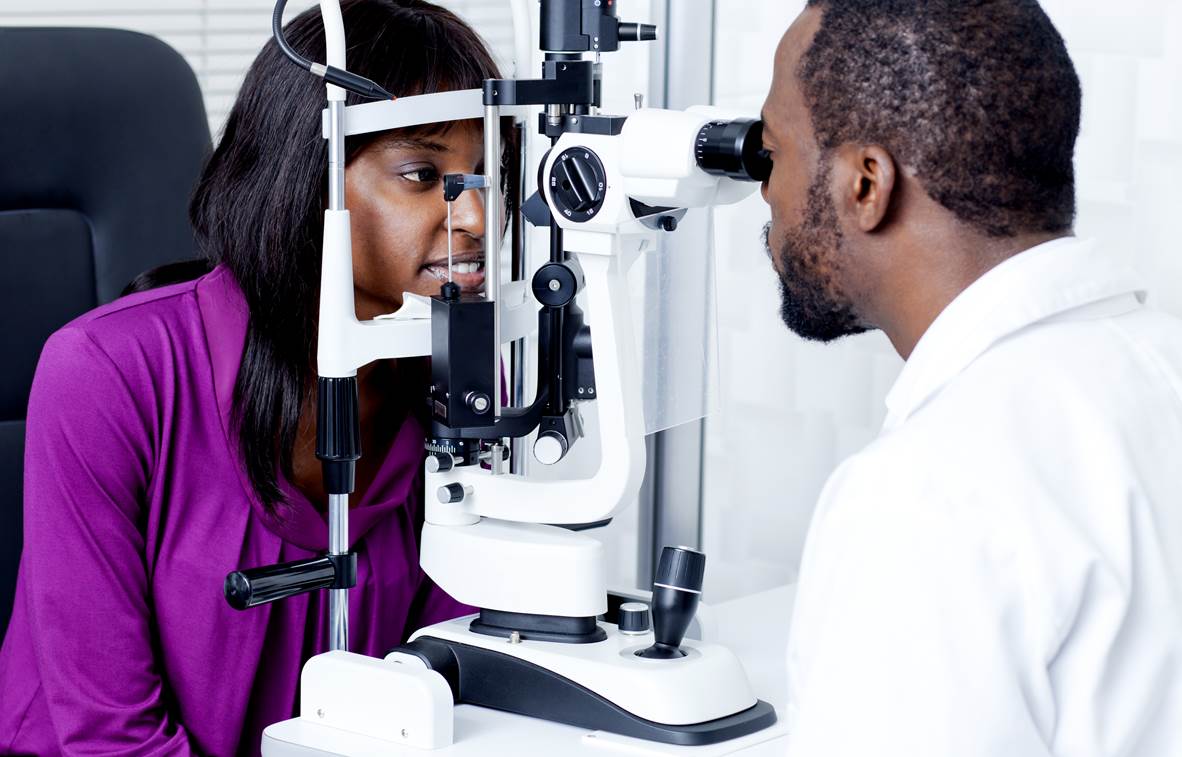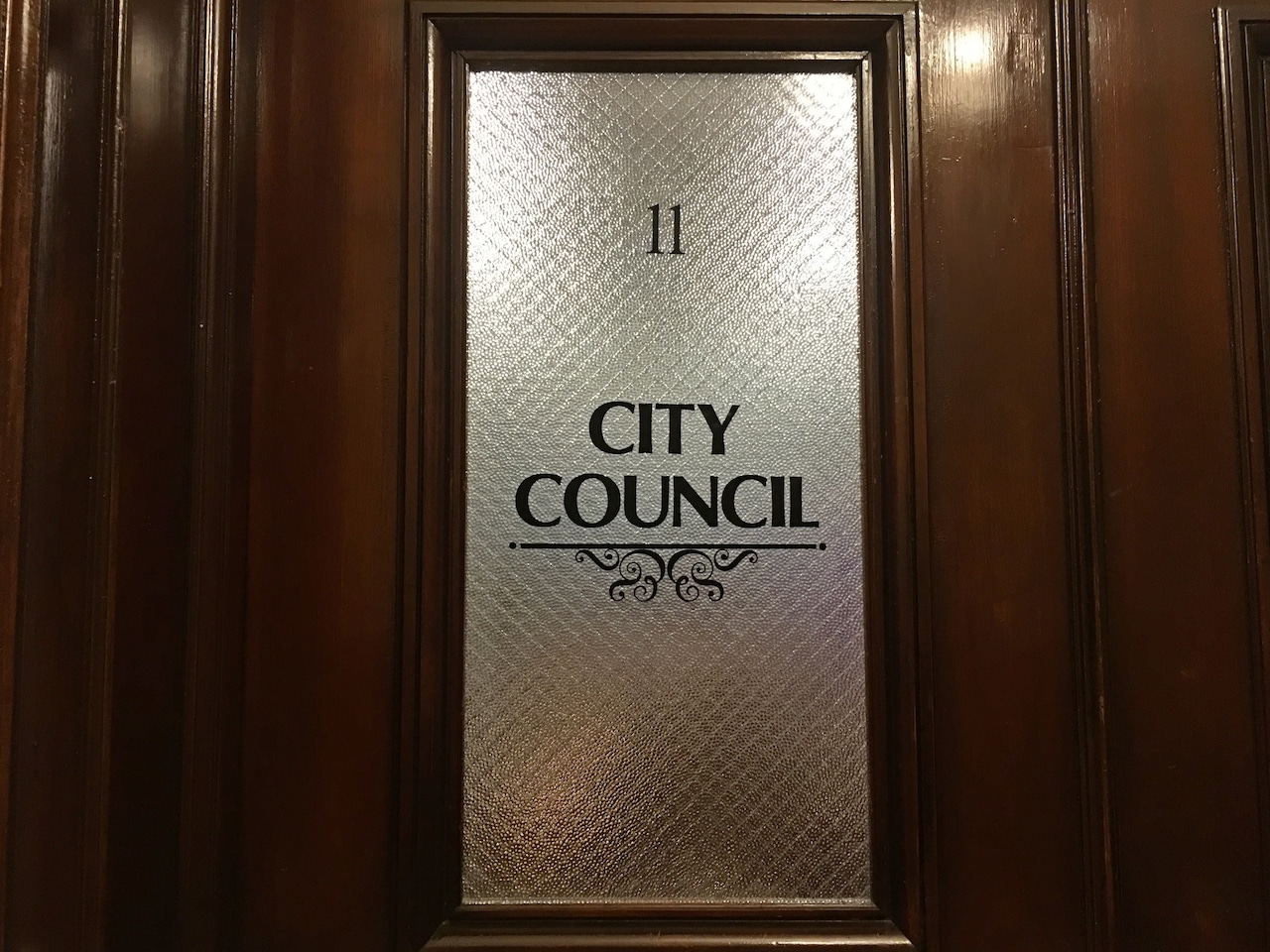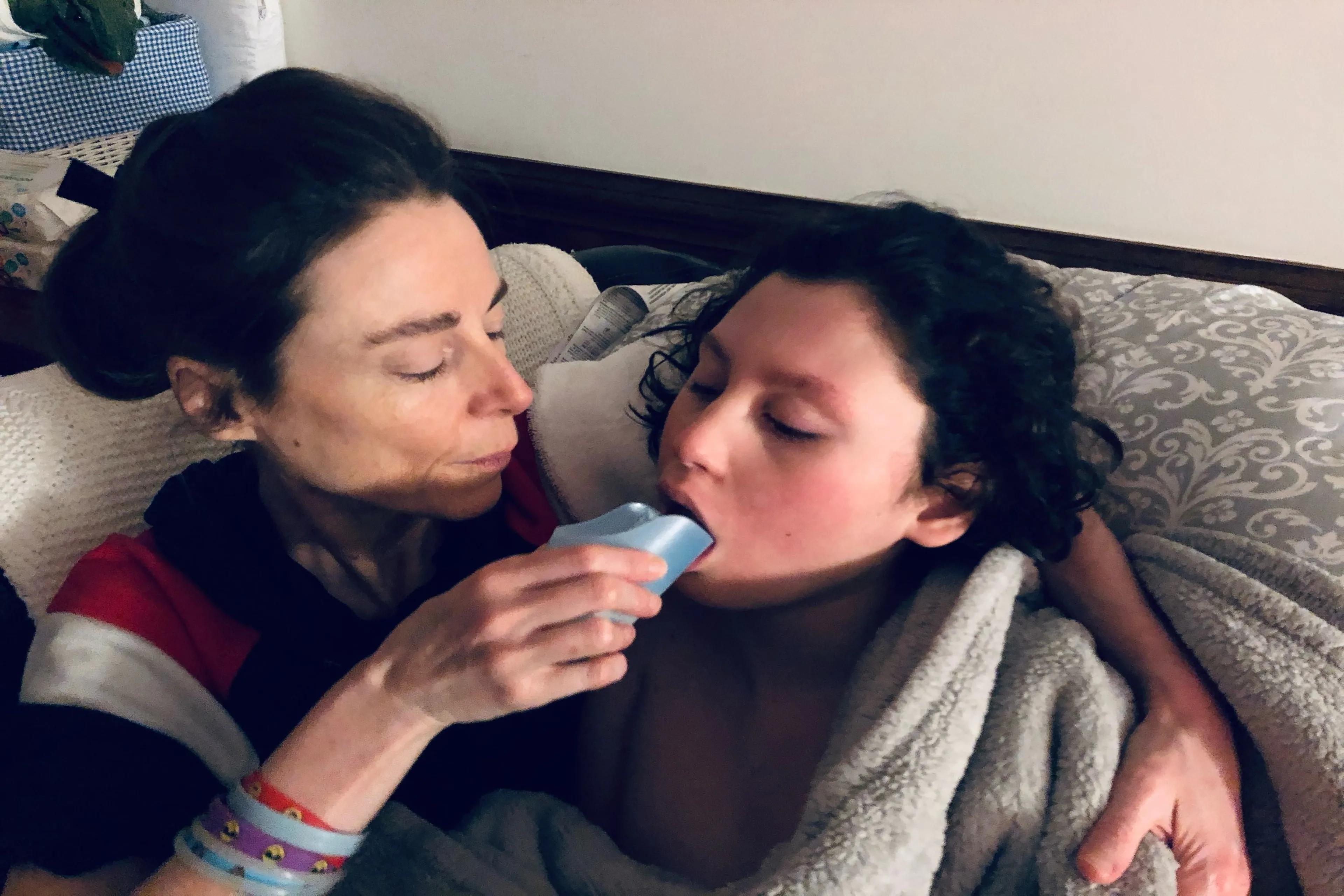By Ngozi Ibe
Copyright leadership

Nigeria’s struggle with preventable blindness and poor access to specialised eye care was boosted yesterday as Skipper Eye-Q Super Specialty Eye Hospitals commissioned its fourth facility in Gwarimpa, Abuja, alongside a new mobile clinic targeted at underserved rural communities.
The launch, attended by health stakeholders, professional associations and the diplomatic corps, is framed not only as an expansion of a private hospital group but also as a response to the country’s pressing eye health needs.
According to the World Health Organisation (WHO), over one million Nigerians are blind, while 80 per cent of the cases are preventable with timely intervention.
Dr Temitope Tijani, the first Nigerian ophthalmologist to join the hospital nine years ago, sees the milestone as a personal journey that mirrors broader sectoral gains.
She recalled initial scepticism but said the partnership had yielded skills transfer, confidence, and opportunities for Nigerian specialists.
“Today, we are four specialised doctors delivering world-class eye care. Patients come from across Nigeria to seek treatment. The dream of practising as a surgeon here at home, without patients having to fly abroad, is being realised,” she said.
Skipper’s expansion underscores the role of private investment in bridging Nigeria’s health infrastructure gaps.
Dr Obinna Awiaka, registrar/CEO of the Optometrists and Dispensing Opticians Registration Board of Nigeria (ODORBN), represented by Dr Okafor Igbo, said the hospital had signed a Memorandum of Understanding (MoU) with theb to prioritise local content and skills development.
Soumya Goel, the chief project manager of the mobile eye clinic and business head, said in an exclusive interview, “The mobile clinic serves as a reach for the unreachable. It helps to bridge the gap in Nigeria’s eye health, which has enabled the clinic to reach most rural areas.”
The Nigerian Optometric Association (NOA) echoed the sentiment. Its president, Dr Chimezirim Anderson, said the services should be extended to rural areas, where untreated eye diseases often lead to avoidable blindness.
Rajat Goel, co-founder and CEO of Skipper Eye-Q, says, “It’s designed to fill that gap. Since its rollout earlier this year, it has screened nearly 3,000 people, provided 3,000 free eyeglasses, and reached security operatives, ministry staff, and residents in rural communities through the mobile clinic.”
In his remarks, Dr Ajay Sharma, CMD and founder, said, “Skipper Eye-Q, which began operations in Nigeria in 2016, now has four branches in Lagos and Abuja. Beyond its expansion plans in Nigeria and West Africa, the hospital group remains committed to ‘human care, not profit.” outreach.



